My survey of the complete works of Beethoven ended last weekend.
For the first time in nine months, we have no Beethoven to discuss.
But there will be more in the future.
Meantime, you can continue this discussion here.

My survey of the complete works of Beethoven ended last weekend.
For the first time in nine months, we have no Beethoven to discuss.
But there will be more in the future.
Meantime, you can continue this discussion here.

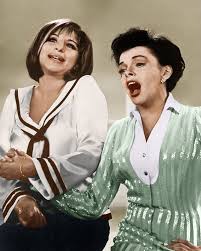
In the bad old days, before everything went corporate and multinational, Deutsche Grammophon was owned by the electronics firm Siemens. The acquisition took lace in 1941 and we shall pass swiftly over the immediate subsequent history, but DG was a provincial label when Siemens entered the picture and an international powerhouse by the time it was merged into PolyGram and then bought by Universal.
Now, a generation later, Siemens has come back into the picture as leading partner in DG Stage. Press release below.
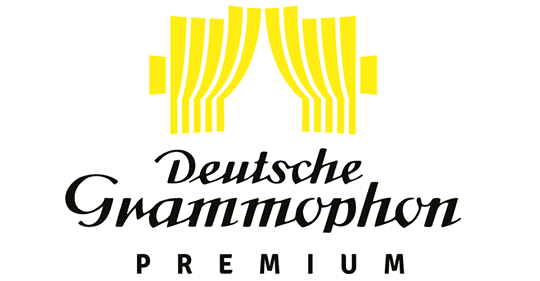
Deutsche Grammophon is delighted to announce Siemens as the partner and main supporter of DG Stage – The Classical Concert Hall. The new relationship recalls the historic role played by Europe’s largest industrial manufacturing company, as owner and then significant shareholder of the Yellow Label, from 1941 to 1987. Siemens is set to invest in DG Stage’s productions and technical development until the end of 2021. The partnership aims to expand the platform’s ability to offer a global audience long-form concerts, world premiere presentations and exclusive performances, featuring everyone from the superstars signed to DG to up-and-coming young musicians, as well as guest artists involved in outstanding individual projects.
“Using the latest technology to bring music to a wider audience was a key concern of both companies when Siemens was a shareholder of Deutsche Grammophon in the middle of the last century,” comments Dr Clemens Trautmann, President Deutsche Grammophon. “What we want to do now, via our new DG Stage partnership, is translate this fundamental idea into the present. DG Stage is a response to our artists’ need for innovative online opportunities to complement their live performance work and to the desire of classical music audiences worldwide to experience exciting new productions at close range despite the current restrictions on live events. Siemens is an established and much-valued partner and sponsor of some of the world’s leading international festivals and music institutions, and together we are now expanding these activities into the digital realm. We are very much looking forward to a creative collaboration.”
California’s Mainly Mozart festival claims to have assembled the ‘Largest Gathering of Concertmasters & Principal Players in North America’.
Players include the concertmasters of the Met orchetsra, Philadelphia, LA Phil, Nashville, Atlanta, St Paul, Indianapolis, Sarasota, Tucson and Phoenix.
Check them out here.

The Czech Minister of Health Roman Prymula has just said that all cultural and sporting events – including theatre, cinemas, galleries, concerts, gyms and zoos – must close for two weeks from Cultural events will stop for two weeks from next Monday, October 12.
The country is experiencing a huge Covid increase, after having delared itself Covid-free in July.

Patrons of the Bavarian Radio Symphony Orchestra have been issued with this set of rules:
We are very pleased to welcome you again on October 8th and 9th in the Herkulessaal of the Residenz. So that you can enjoy the concert despite the current circumstances, we are sending you the most important information about your visit.
1. Service
Please understand that, due to the hygiene requirements, we are unable to offer any catering, introductory events, box office or printed programs. The cloakroom is open as usual.
2. Information about the program
The choice is yours: you will find information on the works performed and the participants in a short program sheet and in a detailed digital program booklet.
3. Entering the hall
Please note the new admission time… 30 minutes before the start of the concert.
4. Seats
You will be given assigned seats that you must adhere to due to the distance regulations. We will be happy to help you find your seat on site. If you have to walk past someone while finding your seat, please do so back to back.
5. ID card
Your tickets are personalized. Please have your ID card ready at the entrance.
6. Minimum distance
The minimum distance of 1.5 m must be observed during the entire visit.
7. Health comes first!
You are responsible for your own health – if you feel sick, you cannot attend our concerts.
8. Hand washing
Please remember to wash your hands thoroughly with soap or use the disinfectant dispenser on site in the foyer.
9. Cough and sneeze
Please note the recommended cough etiquette: Cough or sneeze into the crook of your arm.
10. Mouth and nose covering
Please enter and leave the hall wearing a face and nose covering. This can be removed at the seat.
11. Ventilation of the hall
The requirements for the ventilation of the venue have been met.
12. Find out more
Please inform yourself proactively about the current regulations before attending the concert, these can change at short notice.
13. Transfer tickets
Tickets are transferable in exceptional cases … The relevant form and further information can be found here.
14. Late arrivals
Guests arriving late can, if necessary, be placed in the back rows at free spaces on the edge, provided the minimum distance is observed. If the compliance with the minimum distance is not guaranteed, because all of the peripheral seats are occupied, guests arriving late cannot be admitted to the event. In this case, too, there is no entitlement to reimbursement of the entrance fee.
15. Failure to comply with hygiene rules
People who cannot comply with the hygiene rules mentioned above are not allowed to attend the event. In this case, too, there is no entitlement to reimbursement of the entrance fee.
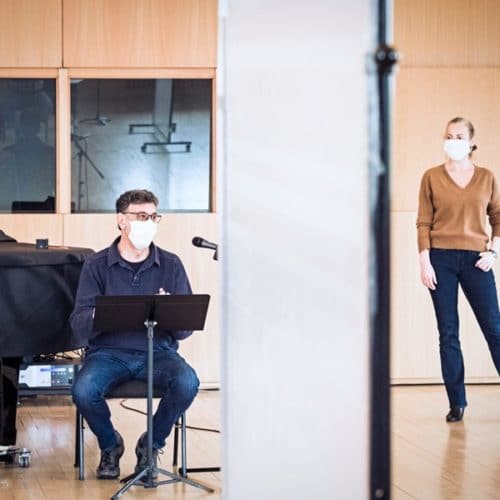
Well, that’s entertainment.
A quarter of the staff at Paris Opéra, some 400 names, have signed a petition calling for new anti-racism measures.
Among other things, they want tights for dancers and singers to match their skin colour.
Alexander Neef, the incoming director, thanked the protesters for their ‘very thoughtful’ observations, promising an internal inquiry.
More here.
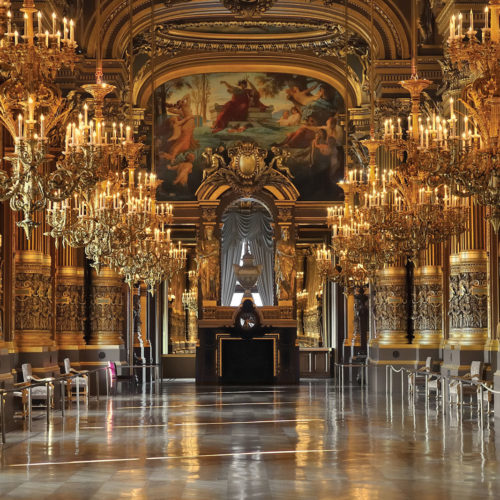
Bucharest Opera has called off its season opening, scheduled for this week, due to rising Covid numbers.
The George Enescu Philharmonic will continue giving concerts, but to an empty hall.
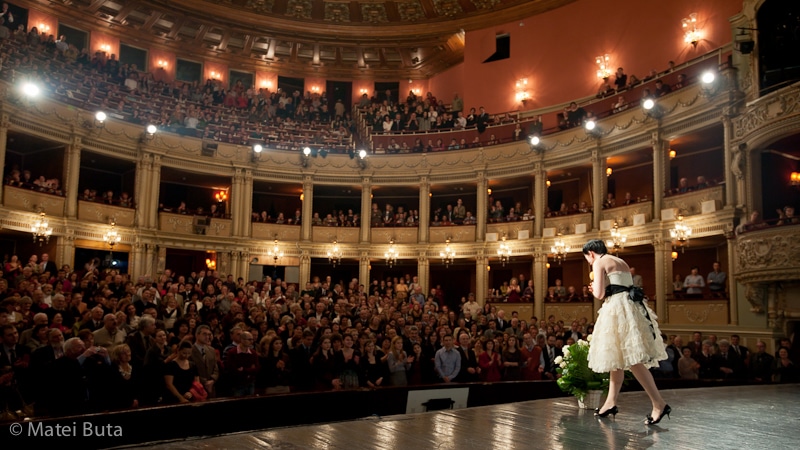
They wore masks in the orchestra last night at the opening of a concert performance of Aida, but the conductor and singers were cleared to perform without.

Cast: Saioa Hernández (Aida), Francesco Meli (Radamès), Anita Rachvelishvili (Amneris), Amartuvshin Enkhbat (Amonasro), Roberto Tagliavini (il Re), Jongmin Park (Ramfis), Francesco Pittari (Messaggero), Chiara Isotton (Sacerdotessa). More performances on 9, 12, 15 and 19 October.
The ACE was due to make an announcement this week on how it was distributing the Chancellor’s £1.57 billion to desperate ensembles and artists who have been unable to face live audiences during Covid.
The shareout has been postponed to next Monday, barring further cancellations.
Could be too many people have applied.
£1,570,000,000 may not go as far as you might think.

The good news is that the City of Birmingham Symphony Orchestra is resuming concerts next Friday for a real live audience.
The less good news is that the concerts are by a handful of musicians for a maximum of 52 distanced people in the CBSO Centre.
In the first two concerts, ‘Octets of the 20s’, Michael Seal will conduct music by Shostakovich and Varèse, together with a new commission by Grace Evangeline Mason. Tickets £15 from the website.
The hope is that the orchestra can return to Symphony Hall with a larger audience next month.
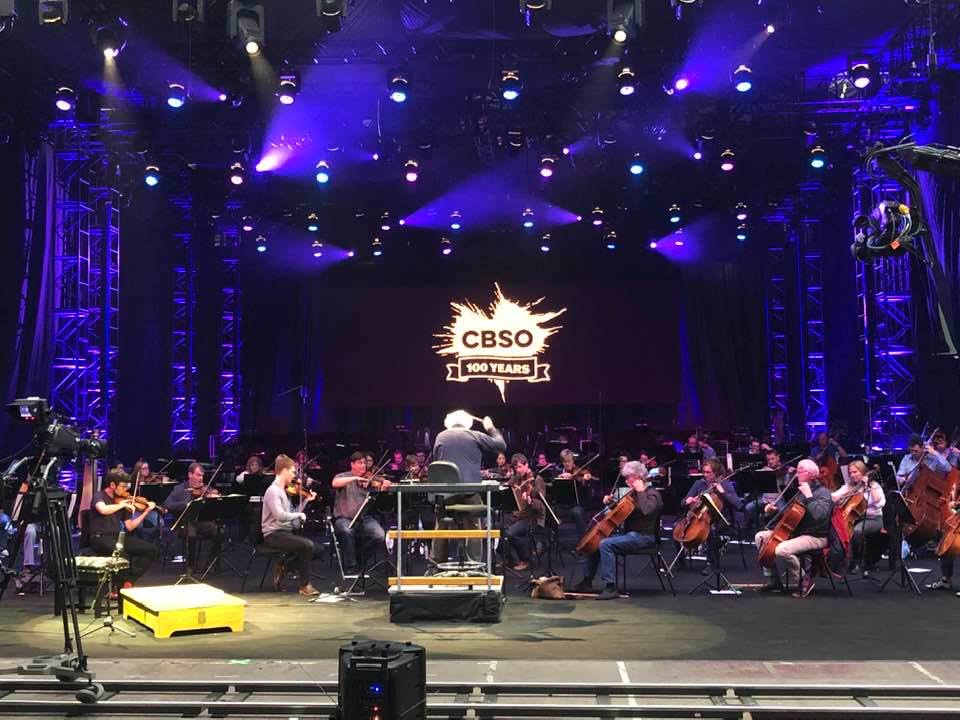
The Russian opposition leader Alexei Navalny has asked the European Union to ban allies of Vladimir Putin from entering their countries.
In a Berlin interview with Bild, Navalny who is recovering from poisioning singled out the conductor Valery Gergiev as a powerful propagandist and apologist for Putins crimes.
‘He is the perfect example,’ said Navalny. ‘Such people must be put under pressure. People like him must be slapped with entry bans and you know what? Ninety-nine percent of Russians would welcome that.’
Gergiev, 67, is chief conductor of the Munich Philharmonic, as well as the Mariinsky companies in Russia.
This is the first time a prominent politician has called for sanctions to be imposed on him.
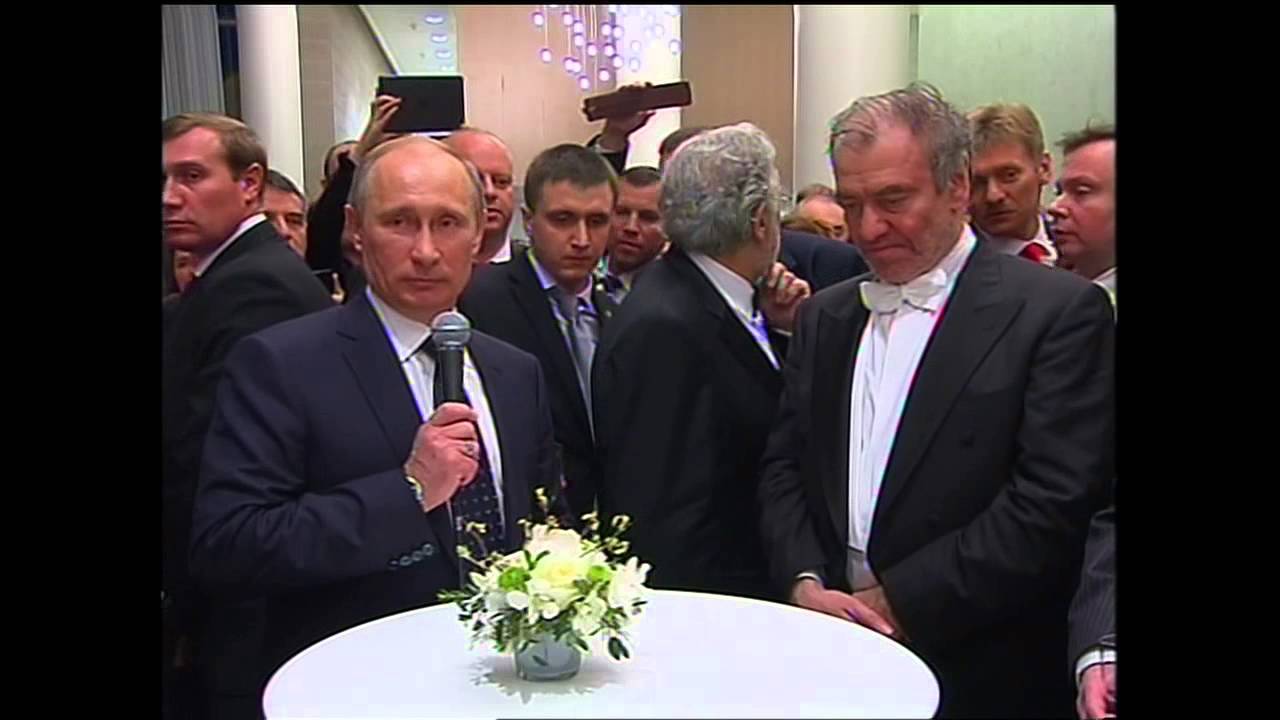
The EU will dither over this for a while, waiting to see if Navalny survives his next assassination attempt. But the ice has been broken. Gergiev is complicit in Putin’s war crimes in Ukraine and Syria. Other governments should take note and consider a ban.